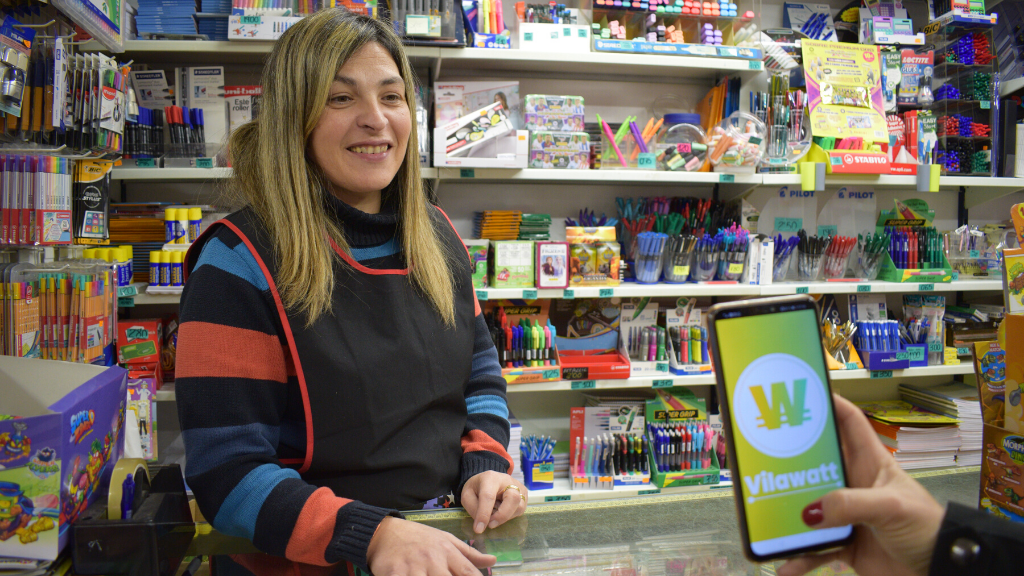
Exploring Innovative Financing Schemes in European cities: Meeting Highlights
About the Report
The report was conducted by Ramboll Management under the supervision of the UIA Permanent Secretariat (UIA PS) with the goal of undertaking a knowledge capitalization activity on the innovative financial schemes that played a key role in the projects carried out by beneficiary cities during the 2014-2020 programming period. The study included an in-depth analysis of materials from all 86 UIA projects, uncovering 37 innovative financial schemes across different initiatives, which resulted in the identification of 10 distinct types of innovative financial schemes.
Key Insights from the Analysis
One notable example of an innovative financial scheme presented during the meeting was the use of virtual currencies in the “Antwerp Circular South” project by the City of Antwerp. This project introduced a digital currency called Circules, which is based on a blockchain-based reward and exchange system. Residents could earn Circules by completing individual and group challenges that promoted sustainable behaviours, such as reducing waste, water, and energy consumption. The digital currency could be used at various City of Antwerp facilities and exchanged for services or reinvested into the reward system.
Another compelling case is the “Social Impact Credit Scheme", an innovative financing model that rewards actions or investments yielding positive social or environmental outcomes. The City of Rotterdam, for instance, developed a ‘social coin’ called Rikx (Rotterdam Impact Keys) to fund initiatives helping individuals secure employment after education. This scheme allows businesses to "purchase" social impact by funding social entrepreneurs and supporting them in fulfilling social return obligations. When an organization or social enterprise creates measurable impact, such as improving youth employment prospects, that impact can be valued and sold on the marketplace.
Connections with the UAEU Thematic Partnerships
During the meeting, some UAEU Thematic Partnerships (TP) members had the opportunity to present their key or preliminary actions to receive feedback from the authors of the study.
Specifically, the Food Partnership shared the preliminary actions identified by the working group on Innovative Funding. One group of actions, for instance, focuses on the development of Public-Private Partnerships (PPPs) and Investment Frameworks for sustainable regional and local food systems. The Food TP proposes guidelines for designing a public-private partnership framework to support these systems, emphasizing the importance of providing cities and regions with a clear understanding of how such a framework could be structured and the mechanisms required for its successful implementation. In discussions with the authors, it was suggested that adding an action focused on capacity building to enhance business planning skills for food projects would be beneficial. These skills are also relevant to green infrastructure and other topics.
The Greening Cities Partnership has developed its Action Plan to support urban authorities in implementing the Nature Restoration Regulation (NRR), which mandates no net loss of green infrastructure in urban areas by 2030 and an increase by 2050. The Partnership is exploring innovative financial schemes to assist cities in financing both the implementation and maintenance of green infrastructure. This includes evaluating various funding models and assessing the need for dedicated structural funding. Recognizing the challenges, the inception report revealed that existing examples of financing for green infrastructure are limited. To address this, the Partnership emphasized the importance of engaging the banking sector to identify constraints and opportunities. A roundtable discussion with cities and financial institutions is planned to further explore practical solutions and foster collaboration.
To tackle challenges in financing green infrastructure, cities should leverage community-based partnerships, alternative currencies, and business planning. Engaging local stakeholders to share responsibilities and benefits is crucial.
Watch the webinar to Discover More
To learn more about other interesting examples of innovative financing solutions and key recommendations provided by the experts of the inception report, watch the full video :
Additional events will be organized to continue the discussions and share actionable insights.
Stay tuned for further updates!